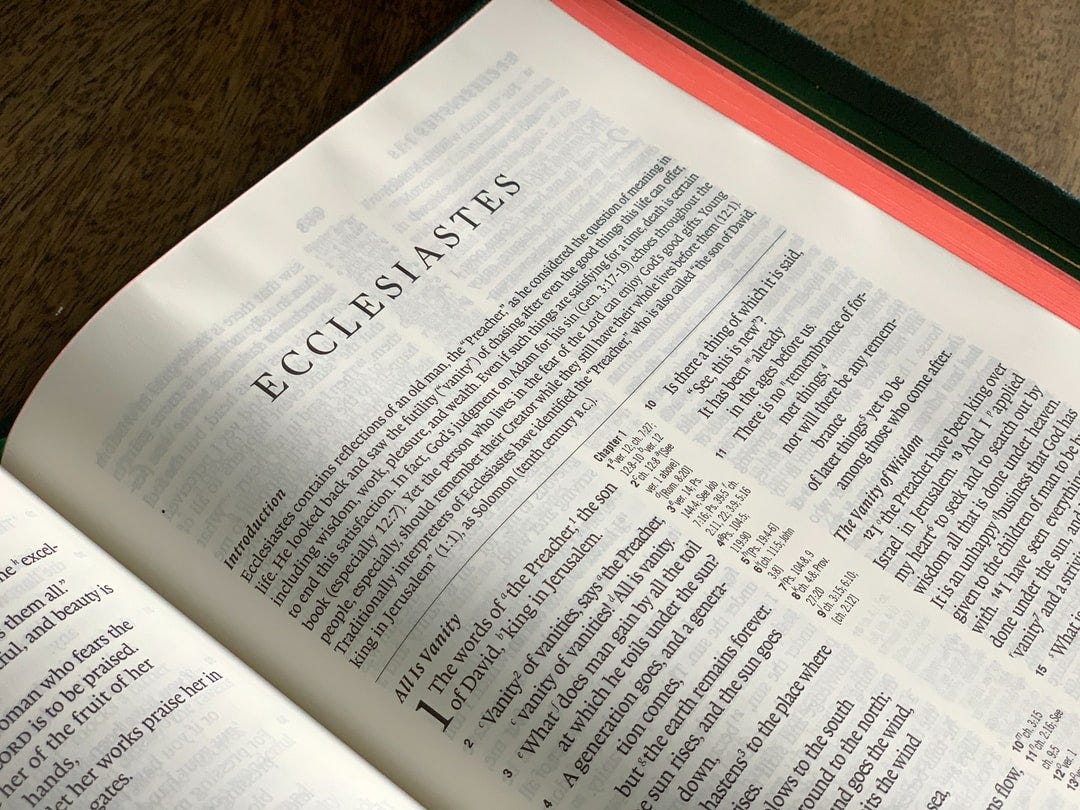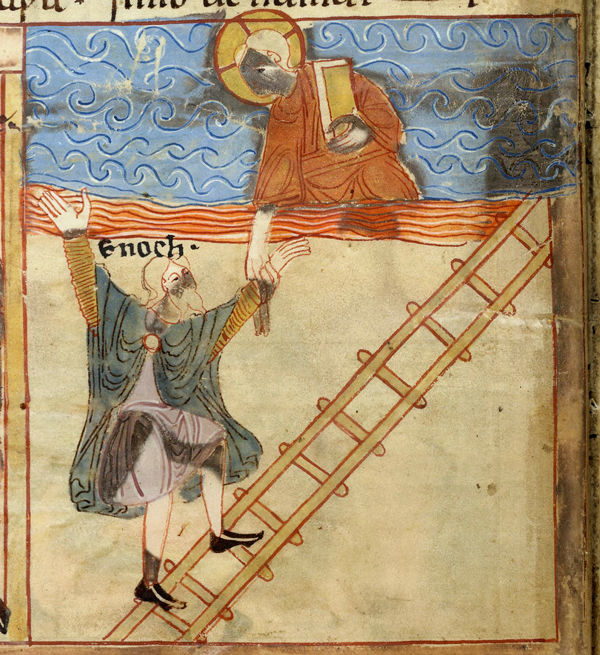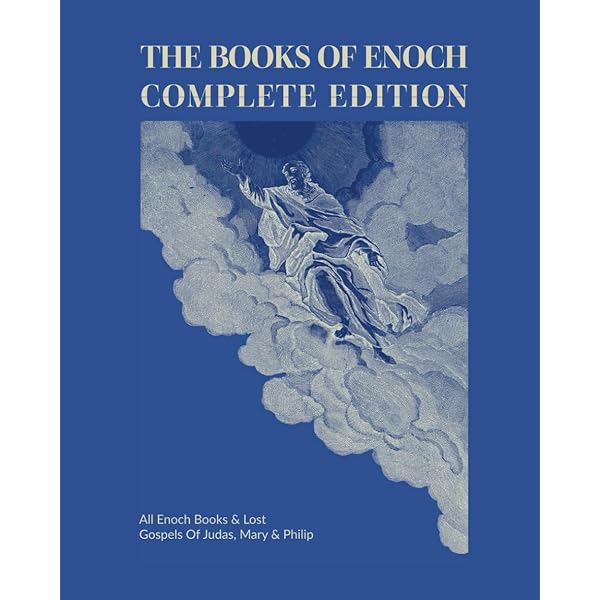The book of enoch, an ancient text with a fascinating and controversial history, has captivated scholars and theologians for centuries. Once considered canonical by some early Christian communities, it has since been relegated to the status of apocrypha, a collection of writings deemed non-canonical by mainstream Judaism and Christianity. However, the Book of Enoch continues to hold immense allure, offering a glimpse into the beliefs and cosmology of early Jewish and Christian thinkers.
With its origins dating back to at least the 3rd century BCE, the Book of Enoch has been a subject of much debate and speculation. It is a multifaceted work, consisting of five main sections, each with its own unique content and purpose. In this article, we will explore ten intriguing facts about the Book of Enoch, delving into its content, influence, and enduring mystery.
10 Intriguing Facts About the Book of Enoch

A Multifaceted Book

Contrary to its singular title, the Book of Enoch is not a single work, but rather a compilation of texts written over a span of several centuries. The current version of the book consists of five main sections: The Book of Watchers (Chapters 1-36), The Book of Parables (Chapters 37-71), The Astronomical Book (Chapters 72-82), The Book of Dream Visions (Chapters 83-90), and The Epistle of Enoch (Chapters 91-108).
Each section offers a unique perspective on the narrative of Enoch, providing insights into the beliefs and cosmology of ancient Jewish and Christian communities. This diversity in content is one of the reasons why the Book of Enoch has remained a subject of fascination and study for centuries.
Enoch’s Journey Through Heaven and Its Revelations

One of the most compelling aspects of the Book of Enoch is its detailed description of Enoch’s journey through heaven. According to the text, Enoch is taken up into the heavens by an angel and shown the various realms and mysteries of the cosmos.
In the Book of Parables, Enoch is granted visions of the past, present, and future of humanity, including the coming judgment and the fate of the righteous and wicked. This section also includes apocalyptic descriptions of cosmic battles and the role of angels in the end times.
The Astronomical Book focuses on celestial phenomena and the movements of the stars and planets. It offers a detailed account of the calendar and proposes a solar year of 364 days, divided into four equal seasons of 91 days each. This unique perspective on time-keeping has been a subject of much interest among scholars and historians.
The Watchers, Fallen Angels, and Their Influence

Perhaps one of the most well-known aspects of the Book of Enoch is the story of the fallen angels, known as the Watchers. These angels, led by Semjaza and Azazel, descend to Earth and teach humanity forbidden knowledge, leading to sin and corruption.
This narrative has been a subject of much debate, with some scholars arguing that the Watchers were used as a way to explain the presence of evil and suffering in the world. Others believe that the story serves as a cautionary tale against seeking knowledge beyond what is divinely ordained.
The Book of Enoch’s Impact on Early Christianity and Judaism
While the Book of Enoch is not included in the canon of either Judaism or Christianity, it still had a significant impact on the development of these religions. In fact, there is evidence to suggest that the book was considered canonical by some early Christian communities, including the Ethiopian Orthodox Church.
It is also believed that the author of the New Testament book of Jude drew inspiration from the Book of Enoch, quoting from it in his epistle. Additionally, early Church Fathers such as Tertullian and Origen referenced the Book of Enoch in their writings, further cementing its influence on early Christianity.
The Book of Enoch’s Legacy and Continued Relevance
Despite being removed from mainstream religious texts, the Book of Enoch has continued to capture the imagination of scholars and believers alike. Its themes of fallen angels, heavenly journeys, and apocalyptic visions have influenced various works of literature, art, and film throughout history.
Furthermore, the discovery of the Dead Sea Scrolls in 1947, which included fragments of the Book of Enoch, sparked a renewed interest in the text among scholars. This has led to ongoing research and study of the book, with new translations and interpretations constantly emerging.
Conclusion

In conclusion, the Book of Enoch is a complex and multifaceted work that offers a unique perspective on the beliefs and cosmology of ancient Jewish and Christian communities. Its narrative of Enoch’s journey through heaven, along with its detailed descriptions of fallen angels and apocalyptic visions, has captivated readers for centuries.
While its status as apocrypha has relegated it to the periphery of mainstream religious texts, the Book of Enoch continues to hold immense significance and relevance. Its impact on early Christianity and Judaism, as well as its enduring legacy in literature and popular culture, solidifies its place as an essential piece of ancient literature worth exploring and studying.
